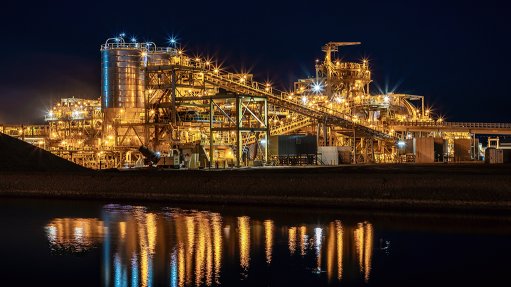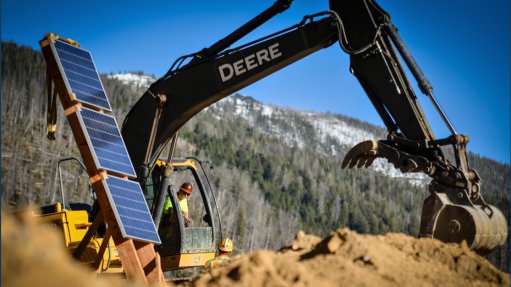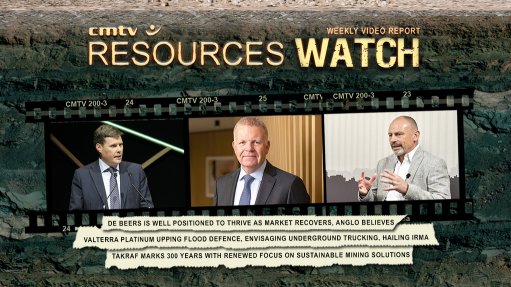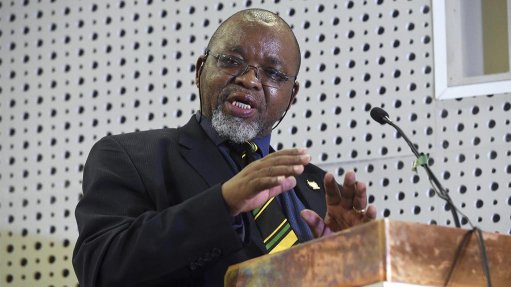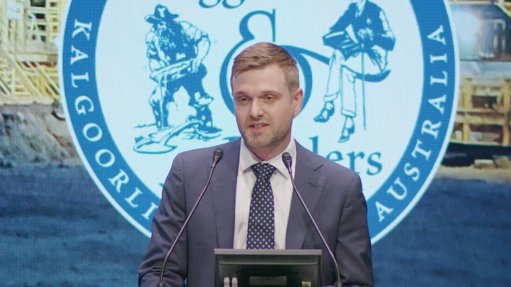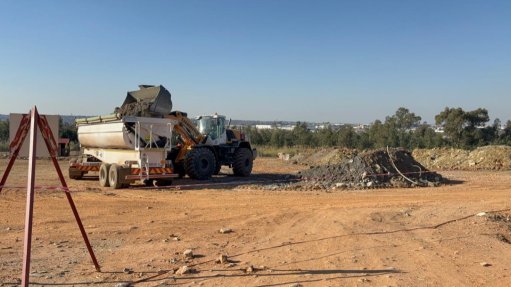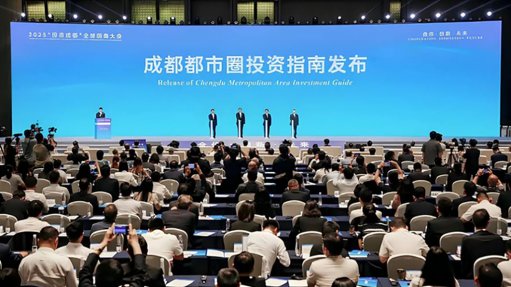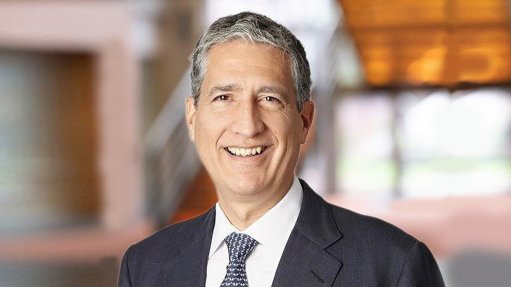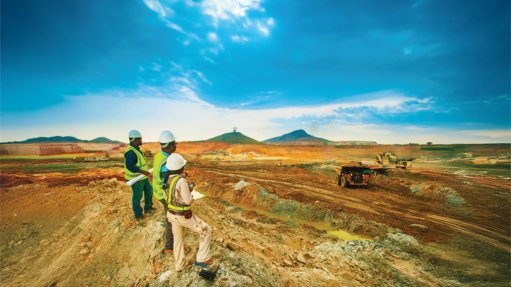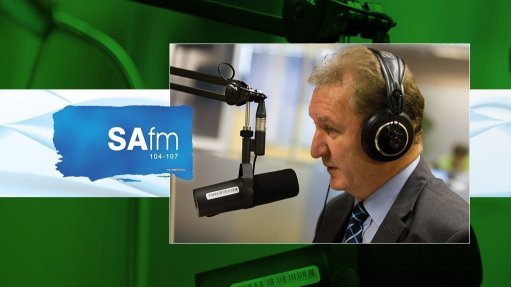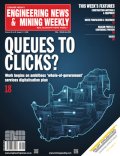Biden tees up a supply-chain rethink with challenge to China’s EVs
Seven months after President Joe Biden signed the Inflation Reduction Act (IRA) into law, the magnitude of the challenge it will be for the US to loosen China’s grip on the electric vehicle supply chain — a key objective of the legislation — is coming into sharper relief.
Ford, the top US car producer, confirmed last month that it will tap technology from China’s battery-making behemoth CATL for a $3.5-billion plant it’s building in Michigan. Tesla is expecting the base version of its cheapest car, the Model 3, to lose the entirety of the $7,500 tax credit it’s been eligible for because its cells come from China. And barring big surprises later this week, many other EVs currently qualifying for credits will be eligible for $3,750 incentives, at most, after the Treasury Department finalizes content requirements that have been the subject of heated debate and frantic lobbying.
Days before those rules are released, a Washington think tank whose mission is aligned with the IRA’s goals is releasing a detailed report delving into China’s command of the supply chain, and the corners it says the country cut on the way to dominance. The group — Securing America’s Future Energy, or SAFE — argues that China has been winning out in part because of failures to account for the toll that the extraction and processing of critical minerals including lithium, nickel and cobalt are taking on workers and the environment, often in lower-income countries.
For examples, SAFE points to how China pulled far ahead of the US in producing the rare earths used in EV motors, and how Indonesia has built a huge lead over Australia in producing nickel.
The US was the top producer of rare earth elements in the 1990s, until Chinese suppliers flooded the market with lower-cost supply. Those rare earths were cheaper in part because suppliers were allowed to dispose of radioactive waste into the Yellow River that flows through Western China, SAFE says, citing a report by the Institute for the Analysis of Global Security.
As for nickel, some miners in Indonesia are able to produce nickel at lower cost by cheaply dumping their waste into the ocean, SAFE says, citing a German lobby group’s report. While Australia is roughly tied with Indonesia among countries with the largest nickel reserves, it bans these disposal practices. Roughly half of the world’s nickel comes from Indonesia, while Australia supplies only 5%, according to SAFE.
“This uneven playing field, where producers compete on cost alone and visibility into how things are sourced is low, has created a global race to the bottom for critical minerals that not only disadvantages communities, the environment, and responsible producers, but also threatens American national security,” the authors of the report write.
SAFE lays out policy measures that it says would flip this phenomenon on its head. In its report, titled A Global Race to the Top, the group urges the US to band together with the European Union and Japan and agree to only source minerals produced with high standards, arguing that the rest of the world would be forced to follow suit.
There’s an analogous precedent for what SAFE is calling for: The US Agriculture Department visits international sites to ensure imported food products comply with safety regulations. The group calls for Congress to enlist the Bureau of Land Management, the Mine Safety and Health Administration, the Environmental Protection Agency and other relevant federal agencies to similarly visit mines to make sure they’re complying with US standards.
SAFE also recommends that greater transparency of where minerals are coming from — and their human and environmental cost — at the consumer level by adding that information to the window labels that lay out information including pricing and battery range.
“We see responsible mining as being key to diversifying,” Abigail Wulf, the vice president and director of SAFE’s Center for Critical Minerals Strategy, said in an interview. “Right now, it's incredibly difficult to diversify supply chains, because it's incredibly difficult to compete on cost. And it's difficult to compete on cost because where you're getting these minerals from are ostensibly degrading the environment and exploiting workers in ways you would not be allowed to in the US, Canada, the EU and Australia.”
The IRA, Wulf said, represents a “first critical step” toward the transparency SAFE is calling for. With the global transition to EVs still in its relative infancy, the group argues there’s still an opportunity to shape the future of this market and its impact on economies, geopolitics and the environment.
Comments
Press Office
Announcements
What's On
Subscribe to improve your user experience...
Option 1 (equivalent of R125 a month):
Receive a weekly copy of Creamer Media's Engineering News & Mining Weekly magazine
(print copy for those in South Africa and e-magazine for those outside of South Africa)
Receive daily email newsletters
Access to full search results
Access archive of magazine back copies
Access to Projects in Progress
Access to ONE Research Report of your choice in PDF format
Option 2 (equivalent of R375 a month):
All benefits from Option 1
PLUS
Access to Creamer Media's Research Channel Africa for ALL Research Reports, in PDF format, on various industrial and mining sectors
including Electricity; Water; Energy Transition; Hydrogen; Roads, Rail and Ports; Coal; Gold; Platinum; Battery Metals; etc.
Already a subscriber?
Forgotten your password?
Receive weekly copy of Creamer Media's Engineering News & Mining Weekly magazine (print copy for those in South Africa and e-magazine for those outside of South Africa)
➕
Recieve daily email newsletters
➕
Access to full search results
➕
Access archive of magazine back copies
➕
Access to Projects in Progress
➕
Access to ONE Research Report of your choice in PDF format
RESEARCH CHANNEL AFRICA
R4500 (equivalent of R375 a month)
SUBSCRIBEAll benefits from Option 1
➕
Access to Creamer Media's Research Channel Africa for ALL Research Reports on various industrial and mining sectors, in PDF format, including on:
Electricity
➕
Water
➕
Energy Transition
➕
Hydrogen
➕
Roads, Rail and Ports
➕
Coal
➕
Gold
➕
Platinum
➕
Battery Metals
➕
etc.
Receive all benefits from Option 1 or Option 2 delivered to numerous people at your company
➕
Multiple User names and Passwords for simultaneous log-ins
➕
Intranet integration access to all in your organisation






